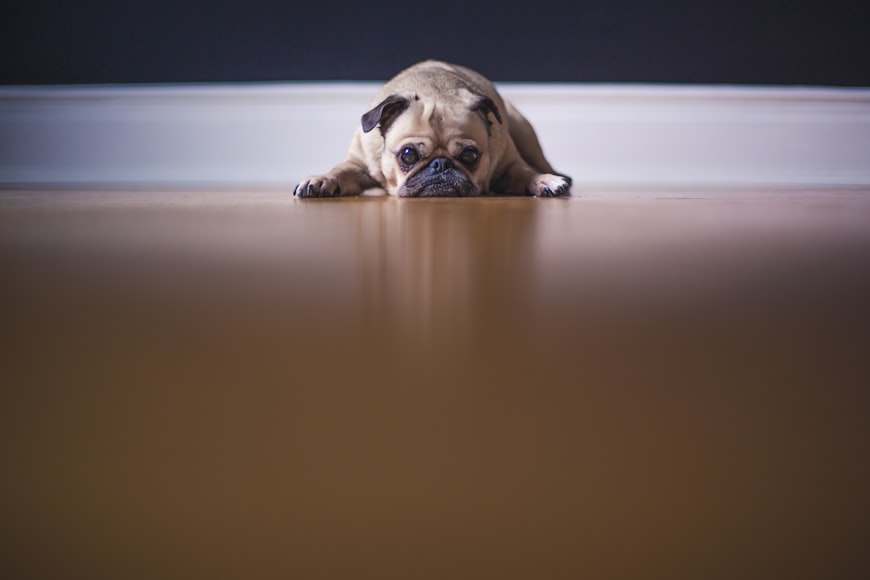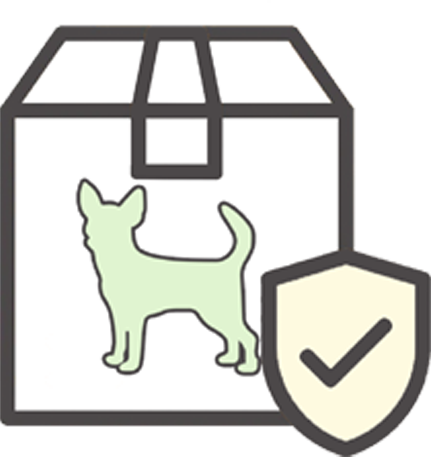What Is Anxiety Peeing?
Updated On: Friday, December 6, 2024 12:12:41 PM America/Los_Angeles
Anxiety isn’t just about thoughts or feelings surrounding uncomfortable or startling situations. It also prompts a variety of physiological responses such as a sudden urge to urinate. For dogs, who may be less inclined to “hold it” than humans, they may respond by going potty after an anxiety-provoking event.
Photo by Matthew Henry
How to Identify Anxiety Peeing
One clear sign is sudden or erratic peeing despite being successfully potty trained. This is likely precipitated by an event that causes anxiety. Some causes for anxiety peeing include separation anxiety, fear, and even excitement. We may not think of excitement as being related to anxiety because humans generally associate excitement with positive feelings. Though we interpret excitement as a “good” emotion, it can also be overwhelming. If a canine encounters a new dog or person that makes them feel submissive, they can urinate in response even if they are glad to engage with someone else.
Common causes of anxiety peeing are:
- Separation from and/or return of owner
- Unfamiliar people or animals
- Loud noises
- Uncertainty about potty access
- Anticipation (e.g. knowing a vet trip is happening)
How to Stop Your Dog from Anxiety Peeing
To resolve anxiety peeing, the root problem needs to be treated. Issues such as separation anxiety will require more time and effort to address, while other situational precursors such as your dog knowing that they’re on their way to the vet can be a bit more easier to remedy. Meanwhile, some small steps you can take are:
- Creating positive associations with troublings events such as offering treats when unfamiliar people visit
- Providing extra pee pads for housebroken dogs
- Going on walks or allowing access to fresh grass before a triggering event
- Making preferred spots for anxiety peeing inaccessible
- Learning your furry one’s pre-potty cues to prevent anxiety about having access to a dog bathroom or walk
- Never punishing for accidents, which creates negative associations with going potty and perpetuates the potty/anxiety cycle
- Thoroughly cleaning any accident areas to prevent reoccurence
- Creating a calming environment or feeding calming treats
- Engaging in confidence building exercises to reduce peeing as a submissive response
Remedying anxiety peeing can take some patience, as it’s a behavior that develops from a deeper, underlying issue. But with some training and loving reassurance, it can be resolved! If you suspect there may be a medical cause for excessive or inappropriate peeing, make an appointment with your vet as soon as possible.


